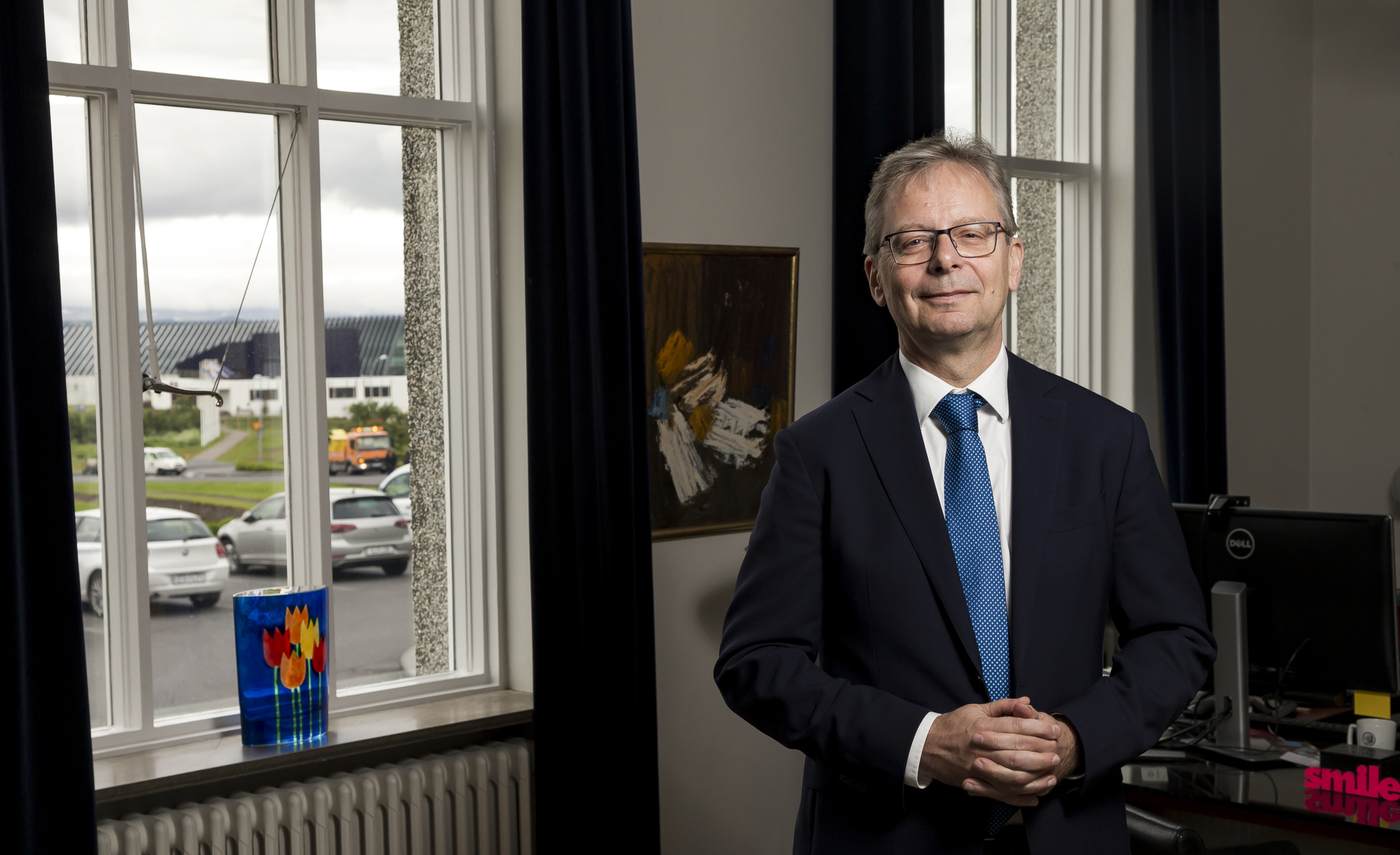The European Union has awarded a three-year grant of EUR 5 million to the Aurora Universities Network, the equivalent of around ISK 800 million.Along with fellow universities in the Aurora Network, which now comprises nine leading universities from around Europe, the University of Iceland recently received a significant grant from the European Union. The goal of the collaboration, entitled the Aurora Alliance, is to strengthen research and teaching to benefit the communities in which the universities work. The European Union has awarded a three-year grant of EUR 5 million to the Aurora Universities Network, the equivalent of around ISK 800 million, from the Erasmus+ education programme. The network will also receive EUR 2 million from the Horizon 2020 EU research and innovation programme.
"The University of Iceland has been leading the Aurora Network and having our application accepted is a big step for the University. The goal of European University Alliances is to guarantee the competitiveness of universities in Europe, strengthen cooperation between them, promote interdisciplinary collaboration and increase mobility for students and staff," says Jón Atli Benediktsson, Rector of the University of Iceland.
"The main focus of the Aurora Alliance project fits in well with the University of Iceland's emphasis on sustainability, innovation and international collaboration. A lot of people at the University of Iceland were involved in preparing the application, which has now been accepted. I want to thank all these people, but in particular our Aurora contacts; Friðrika Harðardóttir, head of the International Office; Halldór Jónsson, director of the Division of Science and Innovation; and Magnús Þór Torfason, senior lecturer at the Faculty of Business Administration."
The Aurora Alliance will be one of the so-called European University Alliances intended to encourage cooperation between European universities and make them competitive with universities in other parts of the world. European University Alliances will fundamentally change the way universities in European countries work together.
"The success of this application confirms once more the strong position of the University of Iceland internationally. The European University Alliances will play a key role in the future development of European universities and competition for these grants has been fierce. The Aurora Alliance project will undoubtedly yield enormous benefits for Icelandic society. There is a lot of hard work ahead, but I would like to congratulate us all."
Fundamental changes to the way European universities work together
Jón Atli explained that the University of Iceland and other European universities are facing a huge increase in global competition.
"This increased competition calls for closer cooperation between European universities. The European Union's European University initiative will strengthen cooperative networks, whereby universities work together to develop their future. Such collaboration will dramatically improve the quality and competitiveness of European higher education."
Jón Atli added that the Aurora Alliance is based on increased interdisciplinary collaboration and a focus on mobility. "We will be able to increase our students’ international experience even further through this project," said the Rector, adding that with the support of the European Union, UI will now aim to offer joint study programmes with partner universities at all levels of study.
The University of Iceland is an international university
The University of Iceland works in an international context and Icelanders depend on robust international collaboration, since we live in a small scientific community.
"The University of Iceland has a key role in the Aurora Network, but we continue to fully participate in other networks and work with other universities," said the Rector. "International collaboration offers a lot of opportunities, both in research and teaching. The University of Iceland has numerous partnership agreements all over the world, which expand the Icelandic higher education system in a sense, since students can take part of their programmes as exchange studies. Scientists are also able to collaborate extensively on research. The universities in the Aurora Network are planning to expand the scope of this cooperation and standardise operations as far as possible to achieve even better results in teaching and research," said Jón Atli.
A bright future for universities
As well as the University of Iceland, the Aurora Alliance includes Copenhagen Business School (Denmark), the University of East Anglia (UK), the University of Naples Federico II (Italy), the University of Duisburg-Essen (Germany), the University of Innsbruck (Austria), Palacký University Olomouc (Czech Republic), Rovira i Virgili University (Spain) and the Vrije Universiteit Amsterdam (the Netherlands).
The future of the higher education system is bright, according to Jón Atli, since universities are the foundation of wellbeing in all societies: "Knowledge is the key to the future and the role of the University of Iceland is to create and communicate knowledge. We have achieved incredible things at the University of Iceland and must continue down the same track for the good of Icelandic society. It is vital that we are competitive on the international stage. The Aurora Network and the work we do in this context will help us in these endeavours."




